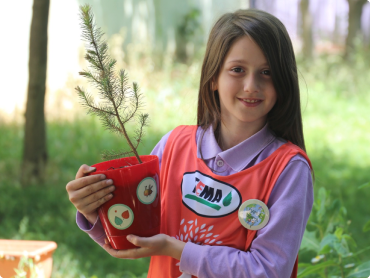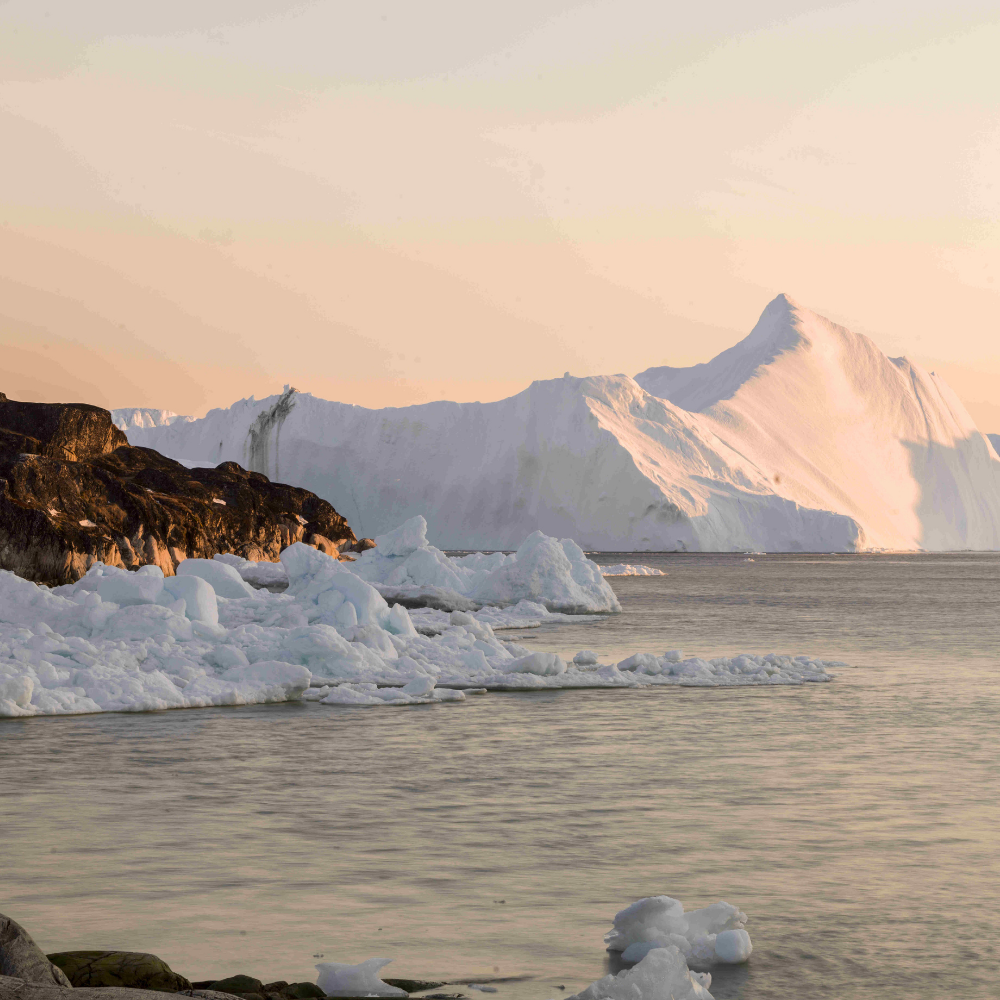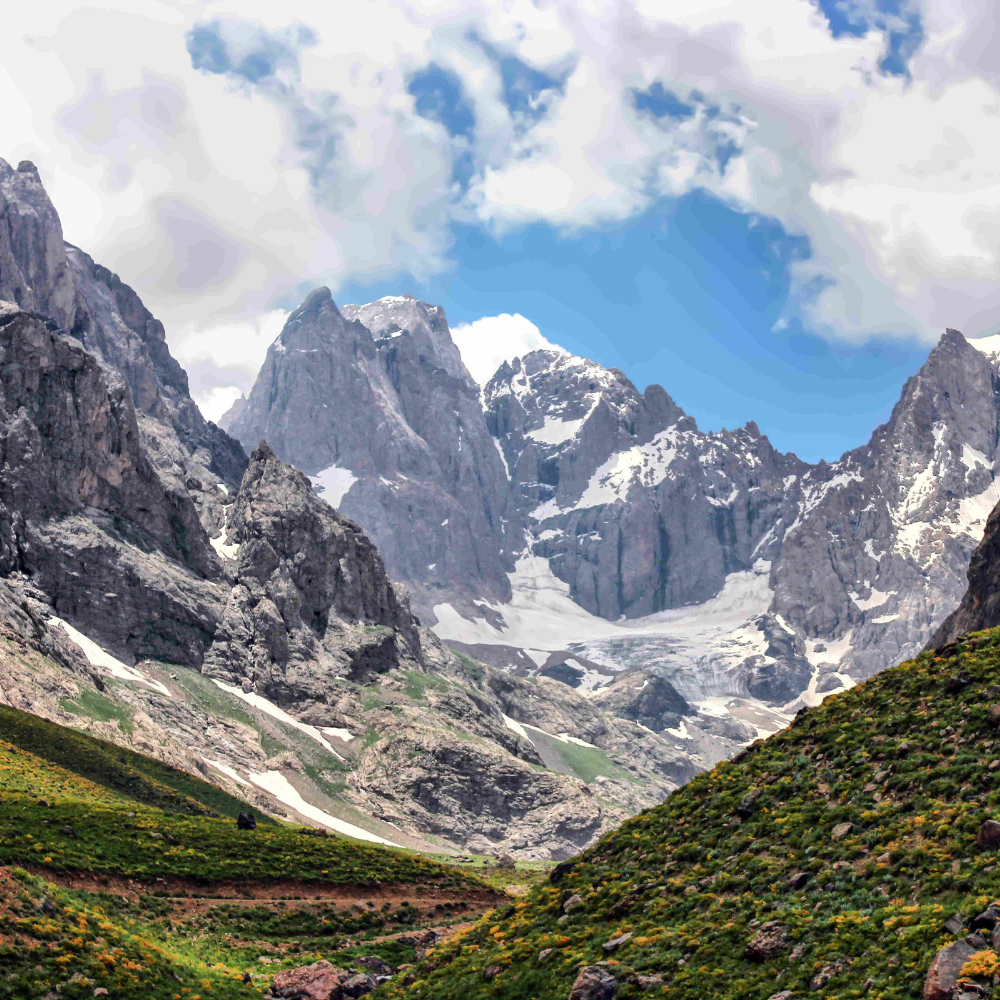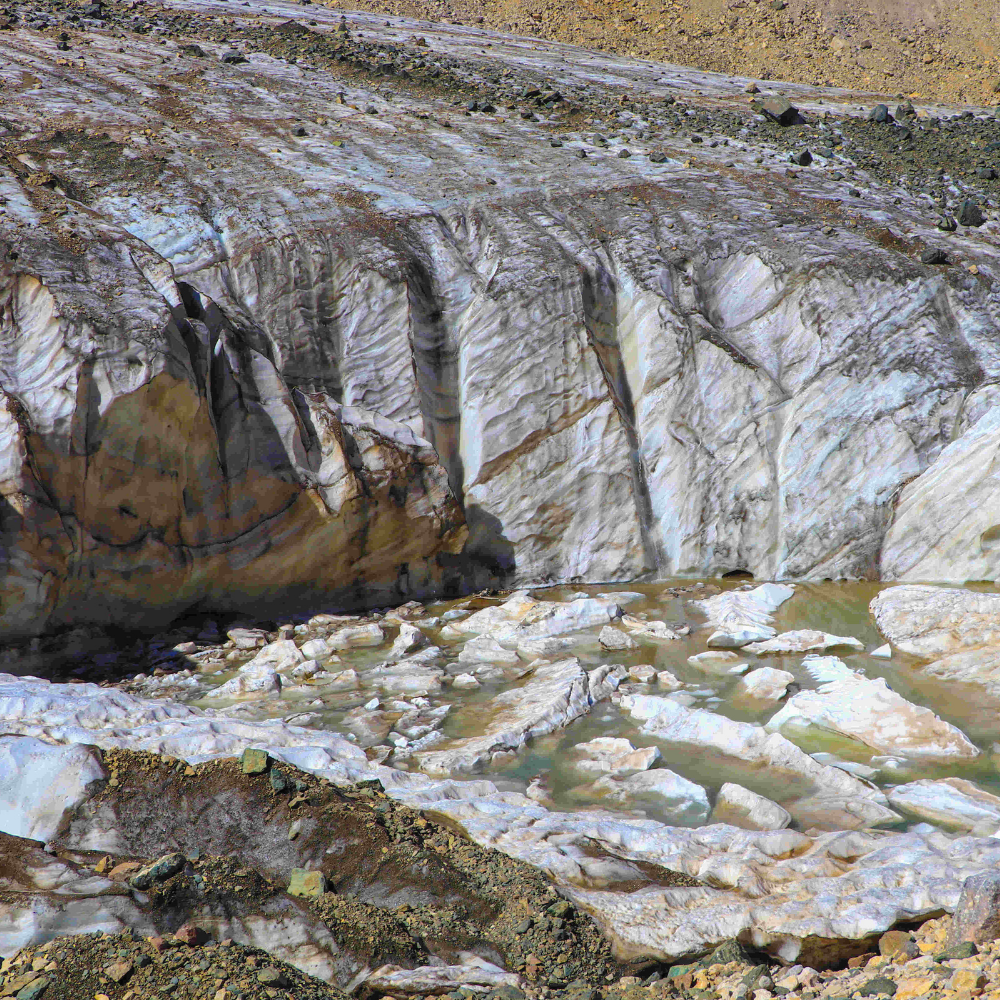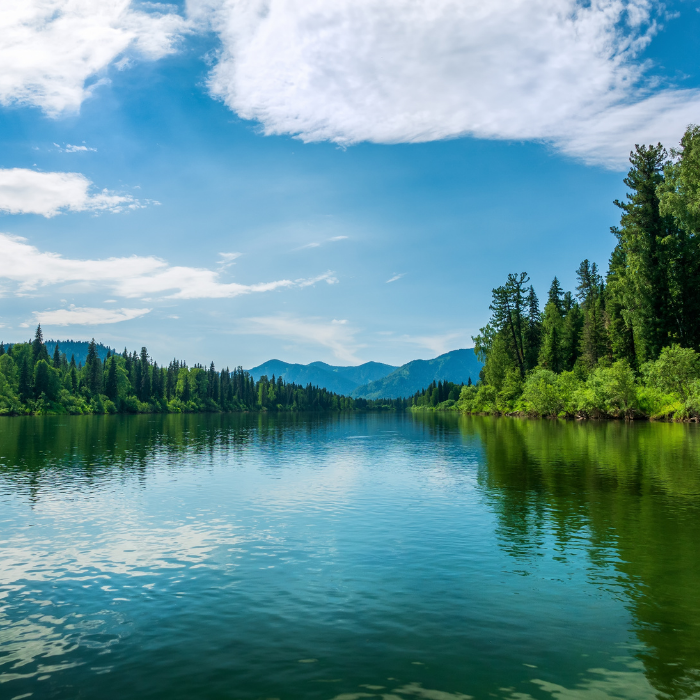On the occasion of March 21, International Day of Forests and Forestry Week and March 22, World Water Day, TEMA Foundation drew attention to how forest loss and melting glaciers pose serious threats to food and water security. Chair of the Board of Directors of the TEMA Foundation Ms. Deniz Ataç reminded that 420 million hectares of forest have been lost in the past 30 years, and that 2.2 billion people worldwide still lack access to safe drinking water, stating, "Protecting nature is no longer a choice, it is a necessity."
This year, the United Nations designated the theme of March 21, International Day of Forests as “Forests and Food” and the theme of March 22, World Water Day as “Water for Peace.” In its statement for these two important days, TEMA Foundation emphasized that with the increasing global population, the demand for food and water is increasing every day. It underlined the critical importance of protecting forests and water resources which are essential to ensuring food security.
Reminding that 420 million hectares of forest -an area equivalent to 5.5 times the size of Türkiye- have been lost worldwide over the past 30 years, and that around 10 million hectares of forest disappear each year, TEMA Foundation highlighted that this poses a serious threat to food security. On the other hand, it emphasized that water resources are also rapidly diminishing due to climate change and human activities, and noted that 2.2 billion people around the world still lack access to safe drinking water. Rapidly melting glaciers affect river flow patterns and the existence of wetlands, creating major risks for both food and water security.
Forests are the guarantee of food and water
Chair of the Board of Directors of the TEMA Foundation Ms. Deniz Ataç emphasized that forests, as an integral part of the water cycle and key sources for both surface and groundwater, are also central to combating the climate crisis. She stated the followings, "Forests protect soil, water, and biodiversity, regulate the climate, feed rivers, wetlands and aquifers and prevent floods. They are also ecosystems that play a vital role in nutrition. More than five billion people rely directly or indirectly on forests for their livelihoods. Non-wood forest products contribute to 20% of total income in rural areas. Fruits, seeds, roots, leaves and mushrooms collected from forests are consumed as food, while grazing and beekeeping activities carried out in forests also contribute indirectly to food production. Additionally, over two billion people still cook their meals utilizing wood."
Ataç also emphasized the role of forests in food production, stating that they act as natural barriers against frost by lowering temperatures, mitigate the effects of drought, and help preserve agricultural productivity by providing habitat for predators of pests that harm crop yield and quality. She highlighted this by stating, "Thirty-five percent of our food depends on species that require pollination. Forests are the habitats of these pollinators."
Melting glaciers pose a threat to food and water security
Chair of the Board of Directors of the TEMA Foundation Ms. Deniz Ataç stated that the water cycle, the most fundamental source of life for all living beings, is disrupted by the climate crisis, and that increasing heatwaves and drought are accelerating the melting of glaciers. Ataç emphasized that in a world where glacial areas are shrinking, warming is intensifying, and rising sea levels along with melting mountain glaciers pose a serious threat to food and water security.
Ataç emphasized the importance of glaciers for water resources with the following words,
"Glaciers are natural formations millions of years old. They help to regulate the climate by reflecting sunlight back into space. Around 70% of the world’s freshwater is stored in glaciers. When we think of glaciers, we usually think of the poles; however, mountain glaciers feed rivers that give life to the land, just like veins in the human body. These natural formations enable people to access food and water." She also noted that today, in the Northern Hemisphere, glaciers begin melting an average of 9 days earlier in the spring and freeze 11 days later in the fall compared to 150 years ago. "Glaciers are shrinking rapidly. According to UNESCO data, glaciers included in the World Heritage sites have lost 1,500 km³ of ice over the past 20 years. This creates serious risks for agriculture, energy production, and drinking water supply. Around 2 billion people live along the 12 major rivers that originate in the Himalayas. In Pakistan and India alone, 130 million farmers depend on these natural formations for their livelihoods. This clearly demonstrates the global scale of the problem," Ataç said.
Drawing attention to the current situation in Türkiye, Ataç stated, "The glaciers on Mount Cilo have shrunk by half over the past 30 years, while those on Mount Ağrı have decreased by more than 40%. Drought has now become a part of our daily lives. We are experiencing water shortages even in the winter months. Today, due to low levels in the dams of the Konya Plain, the water crisis is deepening day by day, which also triggers a food crisis."
"In the last 10 years, 410,000 hectares of forest land have been opened to non-forestry use."
Protecting forests and increasing forest cover are considered among the most effective and economical natural solutions in the fight against climate change. Chair of the Board of Directors of the TEMA Foundation Ms. Deniz Ataç emphasized that forests regulate the climate as carbon sinks, while glaciers play a vital role in climate protection and water security. Ataç stated, “On one hand, destruction, and on the other, wildfires are increasing the amount of carbon released into the atmosphere. In 2024, this amount reached 6.17 billion tons, accounting for 16% of total carbon emissions. Although Türkiye is among the few countries increasing its forest cover, 410,000 hectares of forest have been allocated for mining, energy, and transportation projects over the past 10 years, and 210,000 hectares have been lost to wildfires. It is now time to shift our priorities and protect nature and the climate for a sustainable future.”
"Protecting our natural assets is our shared responsibility.
Deniz Ataç called upon all segments of the society stating, "Disasters caused by the climate crisis are not natural disasters, they are natural phenomena triggered by human activities. These disasters threaten life on Earth and access to water and food. The way to eliminate these threats is to fight climate change and protect all of our natural assets. At the same time, we must reduce consumption to reduce the pressure on nature. This should be seen not only as a means of ensuring food and water security, but also as a responsibility to protect the right to life of future generations. Protecting nature is no longer a choice, it is a necessity."
You Know, You Are Responsible TEMA Foundation
